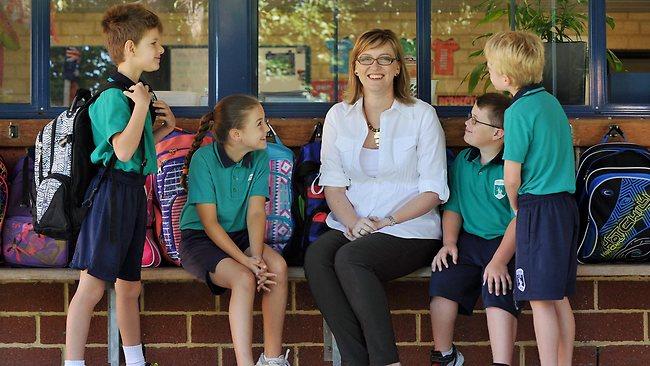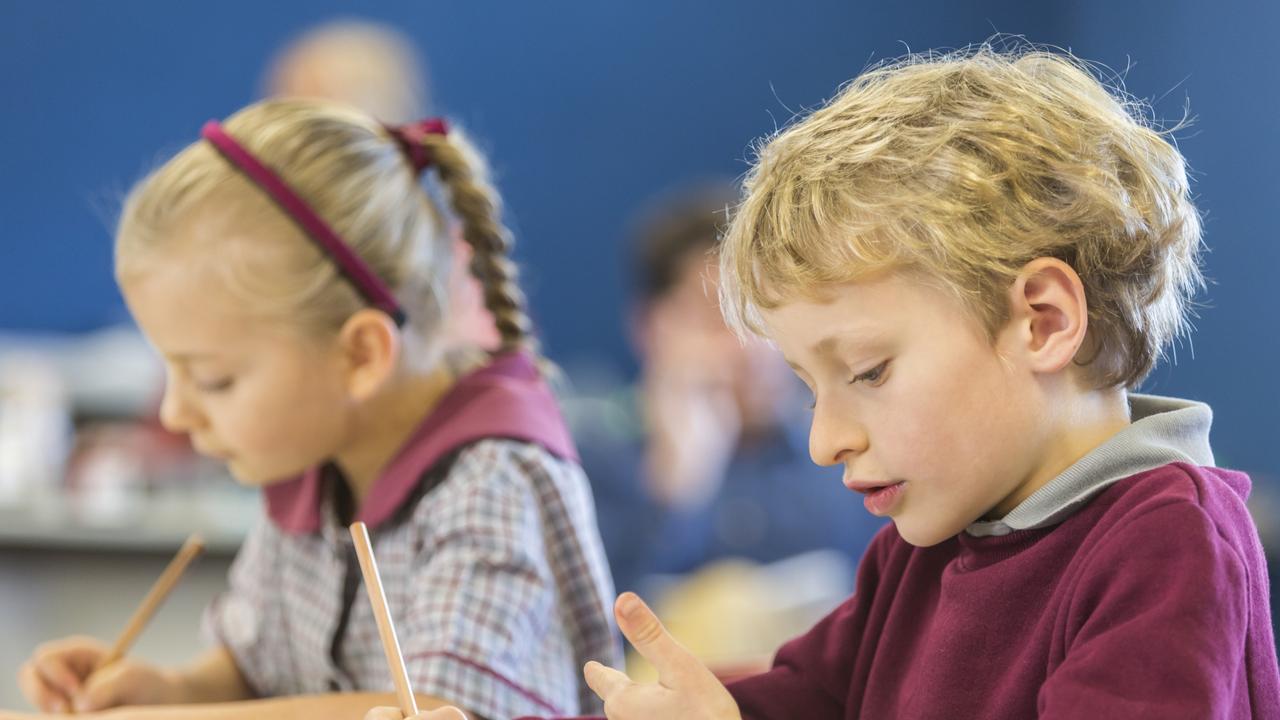In-the-classroom training gets tick for teachers
A NEW approach to training teachers is producing graduates with higher academic scores who are also better prepared for the classroom.

A NEW approach to training teachers -- based on the way doctors learn vital skills while working in hospitals -- is producing graduates with higher academic scores who are also better prepared for the classroom.
Run by Edith Cowan University in Perth, the program is described as a "teacher residency", similar to the medical residency used to train doctors, and is offered to selected students undertaking a 12-month graduate diploma in education.
The students are screened for their aptitude and passion for teaching before being accepted into the program, where they spend two days a week working in a school under a mentor teacher and a third day each week attending their university course.
An independent evaluation of the program, which has been running for two years, described it as a "resounding success" that integrated the theory of education with the practice of teaching, enabling its graduates to "hit the ground running" when they started teaching on their own.
The report says the graduating teachers scored higher in their academic and practical assessments than their counterparts studying an "on campus" diploma.
"The (teaching residency) students had a greater sense of identity as a teacher, achieved a higher course completion rate, and were more 'school-ready'," it says. "In addition, as beginning teachers they proved to be more inquiring and receptive and showed more commitment and resilience."
With thousands of newly qualified teachers across the country chasing a limited number of positions, the selection of candidates to study the residency program has proven one of the keys to its success.
"We select them on the basis of their enthusiasm and that they have done a base degree that's relevant," said Lorraine Hammond, a senior lecturer in education at ECU who oversees the program. "We've taken students who haven't been considered to be academic high-flyers but have shown in the classroom they have the ability to perform well," she said.
As a sign of the success of the approach, Dr Hammond said, about half the residency students ended up working in the schools where they trained. After 16 years working at BHP, Tamara Dominy, who has a bachelor of commerce, a postgraduate degree in banking and finance and two daughters aged six and nine, has gone back to university to become a primary school teacher.
"I've often thought about it over the years, and was interested in pursuing teaching when I left high school but was talked out of it by my teachers at the time because I had good grades to get into economics and commerce," she said.
Ms Dominy started the residency program this year with an intensive two-week course at the university in January before she started at Landsdale Primary School in February under the mentorship of Robin Curley.
"I'm with these children from the first day of school, and every week you take on a little more accountability until you get to the point where you're responsible for leading classes. It's a nice way to ease into it and build up your confidence," Ms Dominy said.
Landsdale Primary School has been involved in the program since is inception, and has five of its former students on staff. Ms Curley said she believed it was a model for all teacher training.


